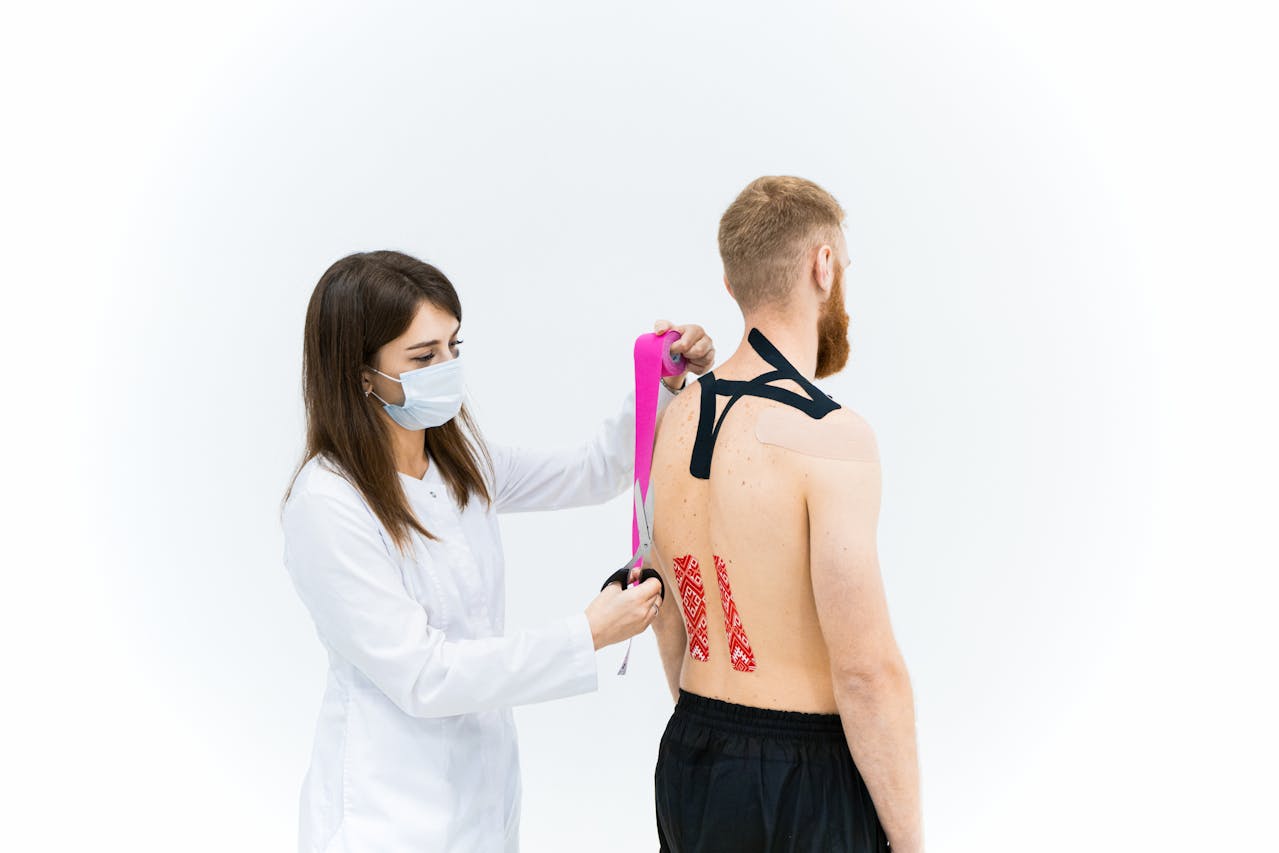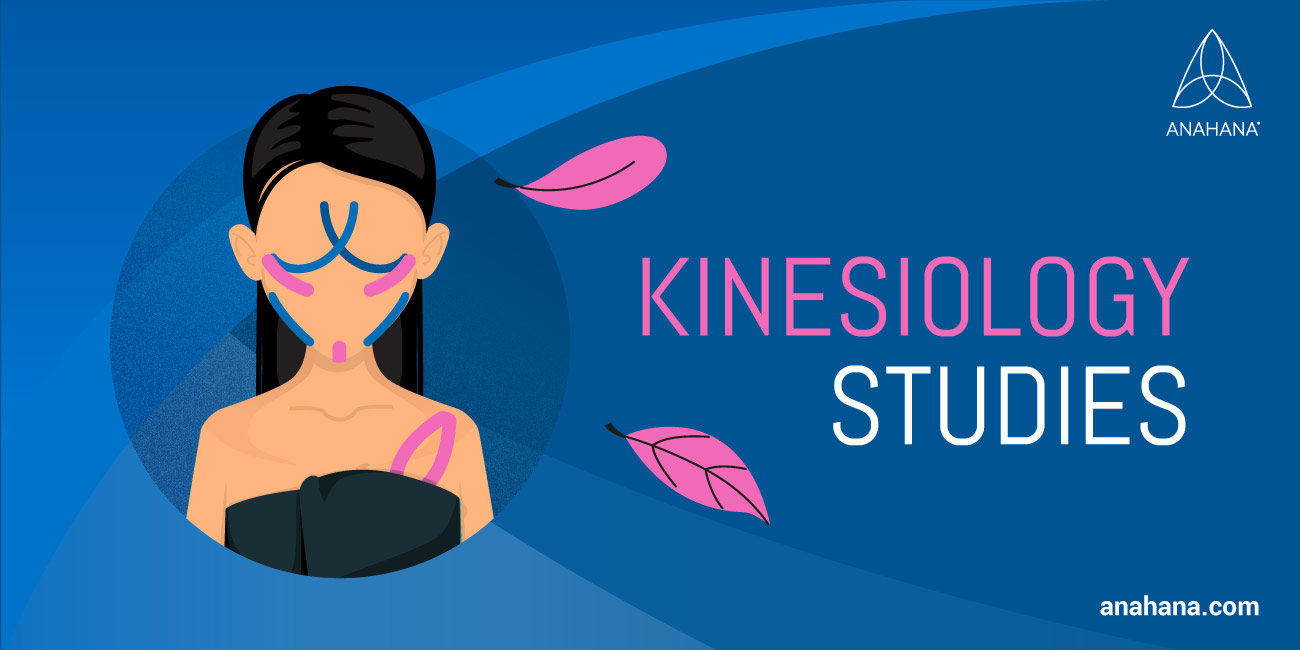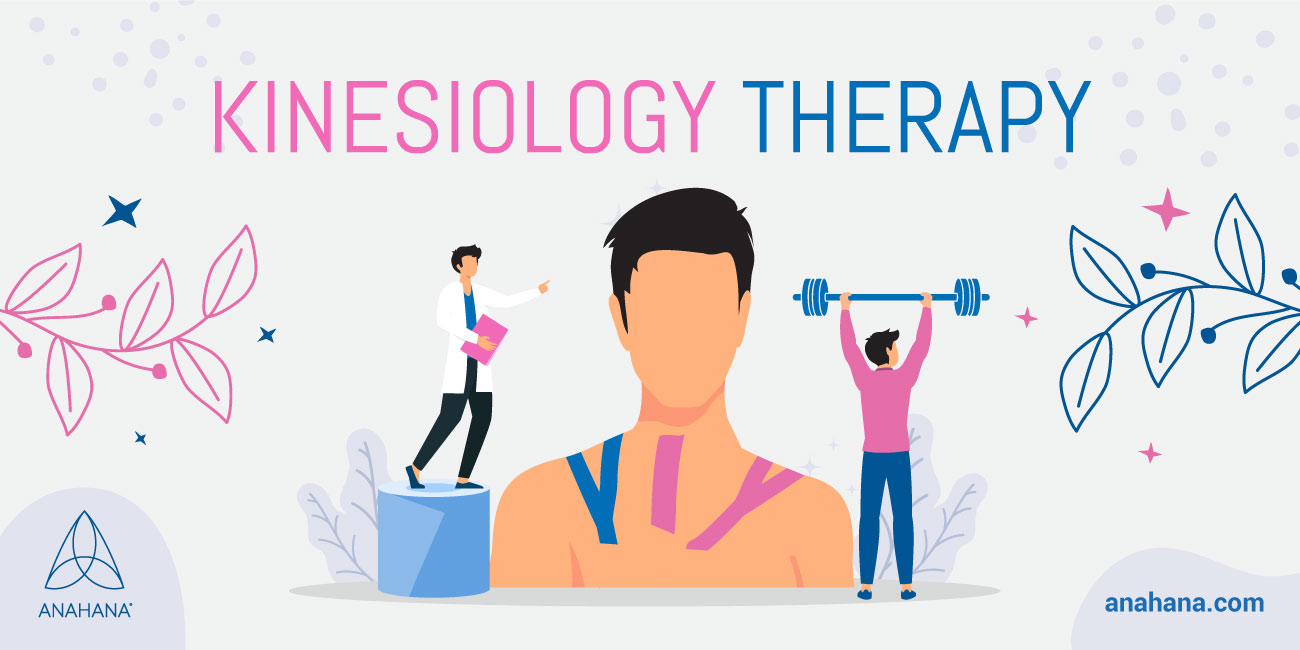
Table of Contents
Kinesiology is a natural science that describes the study of human movement. It combines knowledge from anatomy, biology, biomechanics, physiology, and even psychology to study human movement. People who study kinesiology may work in many fields, including physical therapy, athletic training, and coaching.
Key Takeaways
- Definition: Kinesiology is the study of human movement, integrating anatomy, biology, biomechanics, physiology, and psychology.
- Applied Kinesiology: Focuses on muscle testing to diagnose and treat conditions.
- Profession: Kinesiologists use exercise as medicine to improve health and physical fitness.
- Optimal Physical Function: Aims to enhance and maintain optimal physical function through movement.
- Careers: Includes roles in physical therapy, occupational therapy, personal training, athletic training, and coaching.
- Education: A kinesiology degree provides a broad knowledge base for advanced degrees and healthcare careers.
Definition of Kinesiology
Kinesiology is the study of human movement. As a branch of the natural sciences, kinesiology includes aspects of biology, anatomy, human anatomy, sports psychology, exercise physiology, and more. Kinesiology is a stand-alone profession, a component of several other disciplines, an area of academic study, and a component of many different healthcare fields.
What is a kinesiologist?
As a profession, kinesiologists are health and wellness professionals who prescribe exercise as medicine. Kinesiologists primarily focus on preventative care and help clients make healthy choices by prescribing exercise and physical activity. Being active improves one’s quality of life and has myriad benefits to daily living. Those working in a kinesiology career help people improve their health and fitness by improving people’s activity levels.
Applied Professions in Kinesiology
A kinesiology degree opens up many career paths for kinesiology graduates. Some professions, including personal trainers, massage therapists, fitness instructors, and those specializing in fitness leadership, often start with a bachelor's degree in kinesiology.
Other career paths, such as Occupational Therapy and Physical Therapy, require an advanced degree, usually a master's degree. Others careers require a professional certificate or writing of a licensing exam, such as massage therapy and athletic training.
Physical Therapy
Physical therapists provide exercise and movement programs to rehabilitate injuries. Many components of physical therapy, like human anatomy, motor learning, and general movement principles, are taught in university kinesiology programs. Additional education is needed to be licensed as a physical therapist, but a kinesiology degree is often considered the first step toward practicing as a physical therapist.
Occupational Therapy
Occupational therapists provide tools and techniques to help people return to their daily lives following an injury. An occupational therapist is often employed to assist people in returning to their daily routine and activities following a stroke, car accident, or degenerative disease diagnosis. A strong understanding of how the body moves are imperative to prescribe the tools needed to improve a patient's well-being.
Personal Training
Fitness centers employ personal or fitness trainers to help clients reach their fitness goals. A personal trainer can be extremely valuable for anyone looking to improve their physical fitness and overall health by providing strength and conditioning programs and exercise prescriptions. While not always required, choosing a personal trainer with a kinesiology degree gives someone a guarantee that their health is in the hands of a knowledgeable professional.
Athletic Training
Athletic trainers work to improve sport-specific performance for athletes. Training for athletes is often different from training for personal health and requires a different knowledge base. An excellent athletic trainer will have the knowledge needed to improve athletic performance in a game situation, making the sports psychology aspect of kinesiology exceptionally important.
Coaching
Having a coach that understands human movement, motor learning, and the mental aspects of high-level competition hugely increases a team’s likelihood of sports success. The broad range of topics taught to kinesiology students gives them a fantastic knowledge base for coaching. Some universities even offer coaching practicums where students learn alongside a team’s head coach and gain hands-on experience working with NCAA athletes as they compete.
Kinesiology as a Stepping Stone
 A degree in kinesiology provides a wide range of knowledge and hands-on experience concerning many specific disciplines. Students learn from a mass array of topics, including:
A degree in kinesiology provides a wide range of knowledge and hands-on experience concerning many specific disciplines. Students learn from a mass array of topics, including:
- Physical fitness and physical health
- Physical education
- Exercise techniques
- Human health and the human body
- Conditioning programs
- Motor skills, neurology, and motor learning
- Human Anatomy
- Exercise science
- Sports psychology
- And more!
Medicine and Sports Medicine
Given the health-related components of kinesiology, many students looking to pursue medicine start with a bachelor's degree in kinesiology. Sports medicine combines medicine and kinesiology, with some colleges requiring a kinesiology degree before continuing to study medicine. The added knowledge gained through studying kinesiology allows for better application of movement as medicine in a clinical setting.
Graduate Studies
Masters and doctorate kinesiology degrees open different career paths for students. Much of our knowledge about human performance, cardiac rehabilitation, exercise physiology, and human motion comes from diligent research done by kinesiology professionals during graduate study programs.
Athletics and Sport
While a degree is not always required, an education in and working knowledge of kinesiological concepts is valuable for anyone pursuing a career in athletics and sport. Competing or coaching at a professional level requires an intricate understanding of physical fitness and exercise techniques, making additional training in kinesiology beneficial for a team's coaching staff. From a team's head coach to their strength and conditioning coach, anyone looking to improve their team's performance can benefit from studying human movement.
Components of Kinesiology Study
 The human body is incredibly complex. Even more complicated is how it moves, what makes it move, and what influences that movement. Kinesiology covers many different components that contribute to making people move.
The human body is incredibly complex. Even more complicated is how it moves, what makes it move, and what influences that movement. Kinesiology covers many different components that contribute to making people move.
Anatomy and Physiology
Anatomy is the "what" of the body - what and where parts of the body are. Physiology deals with the "how" of the body and looks at the functions of each body part. Understanding the relationships between "what" and "how" is fundamental for improving how the body moves.
Psychology
Social and sports psychology are significant components of kinesiology. The study of human movement also includes studying the motivation behind the movement. Public health institutions, physical education teachers, and governments have recently moved to promote wellness through physical activity. The psychological components of kinesiology influence people to get and stay active in daily living.
Biomechanics
Biomechanics refers to the way that biological entities - including people - move. Force, velocity, motion, acceleration, and direction of the body are all components of biomechanics and are all integral parts of kinesiology. Kinesiology professionals use biomechanical tools like force plates and 3D motion capture to record the body in motion. This application of technology has wide-reaching applications, from sports performance to video games.
From a research standpoint, this information can help perfect a patient or athlete's movement patterns. In entertainment, CGI technicians and video game designers use this motion capture software to recreate human motion in movies or video games.
Neurology
Neurology is the study of the nervous system. This includes the body’s nerves, the brain, and the spinal cord. These neural components work together to create both conscious and unconscious movement. Neuroplasticity, the brain’s ability to change, explains how people learn new motor skills. All physical activities require one to acquire new skills, so understanding neurology and neuroplasticity is necessary to help people move better.
Frequently asked questions
Is a personal trainer the same as a kinesiologist?
Kinesiology majors often work as personal trainers, but the professions are different. Many personal training certifications only require a weekend course or several hours of study. To be a certified kinesiologist, someone needs a minimum of a bachelor's degree - generally from four years of dedicated study. A broader and deeper knowledge base is required to be called a kinesiologist.
Why have I never heard of kinesiology?
Kinesiology has many names - human kinetics, sports studies, exercise science, and physical education are all nearly synonymous with the term. Additionally, kinesiology is a very young realm of science. The University of Massachusetts Amherst launched the first-ever kinesiology degree program in 1965. Compared to other natural sciences that have had centuries of dedicated scientific study, kinesiology is the baby of the family.
What is the practical application of kinesiology?
Exercise science programs have traditionally focused on athletic performance. Recently, the emergence of kinesiology as a dedicated study has caused a shift in that focus. With the significant rise of inactivity in recent decades, governments, business organizations, schools, and individuals have all sought ways to increase activity for its many health benefits. People working in a kinesiology career have the unique knowledge and skills to help people and organizations to reach these goals.
Should I pursue a kinesiology degree?
Suppose you hope to work as a personal trainer, physical therapist, occupational therapist, fitness instructor, athletic coach, fitness club manager, or sports medicine doctor. In that case, a bachelor's degree in kinesiology is a great place to start. Kinesiology majors often succeed in public health, personal health, and coaching. Studying kinesiology is a significant first step toward working in one of these professions.
Where can I find a kinesiologist or kinesiology major?
If you want someone to help improve your fitness or rehabilitate an injury, you should seek a kinesiology professional. Kinesiology professionals are often in rehabilitation facilities, clinical settings, fitness centers, chiropractic and physical therapy offices, and more.
Any of these fields will be bustling with kinesiology majors. Whether they work as an exercise physiologist or a health club manager, anyone with an education in kinesiology can help you reach your goals.
References
University of Massachusetts - School of Public Health
Hearst Newspaper - Double Major in Sports Medicine and Kinesiology
University of Saskatchewan - Huskie Athletics Student-Trainer Practice
Kinesiology Definition & Meaning - Merriam-Webster
Columbia University - Kinesiology PhD
Disclaimer
The contents of this article are provided for informational purposes only and are not intended to substitute for professional medical advice, diagnosis, or treatment. It is always recommended to consult with a qualified healthcare provider before making any health-related changes or if you have any questions or concerns about your health. Anahana is not liable for any errors, omissions, or consequences that may occur from using the information provided.

By: Anahana
The Anahana team of researchers, writers, topic experts, and computer scientists come together worldwide to create educational and practical wellbeing articles, courses, and technology. Experienced professionals in mental and physical health, meditation, yoga, pilates, and many other fields collaborate to make complex topics easy to understand.